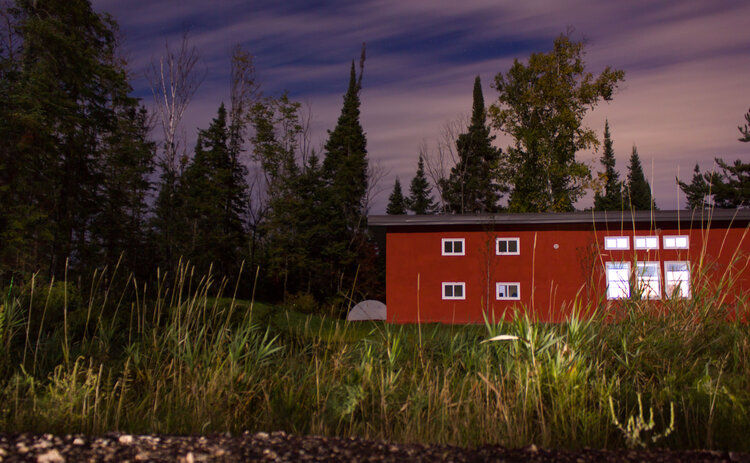The Route to a Sustainable Future
- Natali Ghawi

- Jan 15, 2019
- 3 min read
“How many times can a man turn his head, and pretend that he just doesn’t see.” (Bob Dylan) Lyrics that feed into my brain as I take a late evening walk through the city. As a wanderer, I amass great pleasure in the act of walking around cities; soaking up the subtle stories that each concrete structure and city block hold within them.
Over the course of my four years in Toronto, I have come to believe that one of the most phenomenal aspects of cities is their public sphere, understood through the experiential process of walking its streets. Through this endeavor, the issues of poverty, homelessness, isolation and overall anxiety have become increasingly apparent. It is there, in the ever so rushed walks of pedestrians, in the traffic jams that regularly occur, and in the number of empty and crushed faces of those begging for a few loonies on the sidewalk.
What I have come to realize in my years of study, observation and experience, is that the root of our global concerns lies profoundly in the fact that we as humans have become selfish, greedy and apathetic. We have become so caught up in our own lives and needs, that we have failed to see the consequences of our actions; both on other people, and especially on our planet. It has become ever so important to acknowledge that the well-intentioned notion of adjusting one’s oxygen mask before assisting another, has taken a turn for the worse, resulting in a self-consumed society that strives merely for individualistic gain. This issue is one that should be placed under great scrutiny, since it appears the plane might just be crashing. If we don’t care, then who will care? And if we don’t change then, who will change?
Our vision and understanding has become so tunneled, and as Alex Steffen comments on, our current lifestyles would take at least 5 to 6 other planets to accommodate. And the disheartening fact is that there are millions out there would can’t afford basic rights just so that the mere few can excessively consume various voids away. Another very important point that Steffen brings up as well is the developing world’s assumed need to keep up with the developed world, trying, however unsustainably to meet existing technology benchmarks. I have come to notice a few things in my years of study and existence, firstly, is just how unsustainable and apathetic we and our lifestyles have become, and secondly, just how toxic our relationship to one another has become as a result of that.
This constant need to “Keep up with the Joneses” is beginning to take on all of us in the worst of ways. We have gotten so caught up in being perceivably “better” but in reality we are just creating voids that are constantly leaking and we must find ways to maintain them.
What Steffen mentions in the TEDtalk is actually an important note that we should all try to apply to our lives, even as small as within ourselves. He inspiringly mentions a few vernacularly and sustainably designed solutions that work all the better and are all the more beautiful because they stemmed from the source and not a perceived “better” technology. We could all benefit a little from recognizing the power locally and internally before reaching out to comparisons and equally average “better” solutions, maybe then it would not seem so difficult to live more sustainable lifestyles. The potential is there, in our homes, and our daily lives, we just need a major shift in perspective in order to see it for what it truly is.




Comments